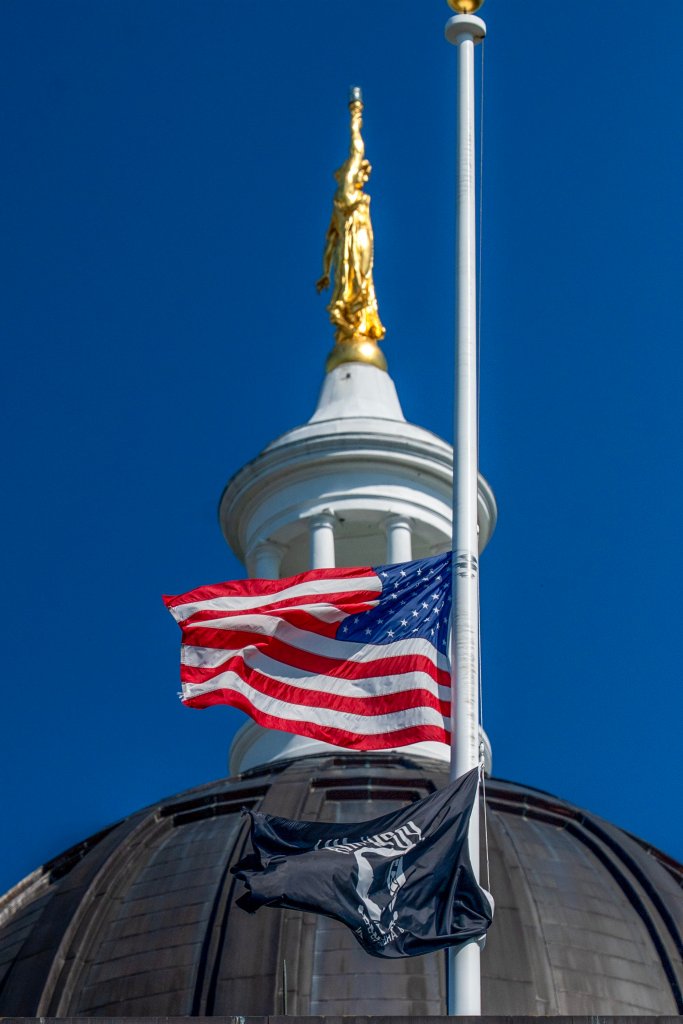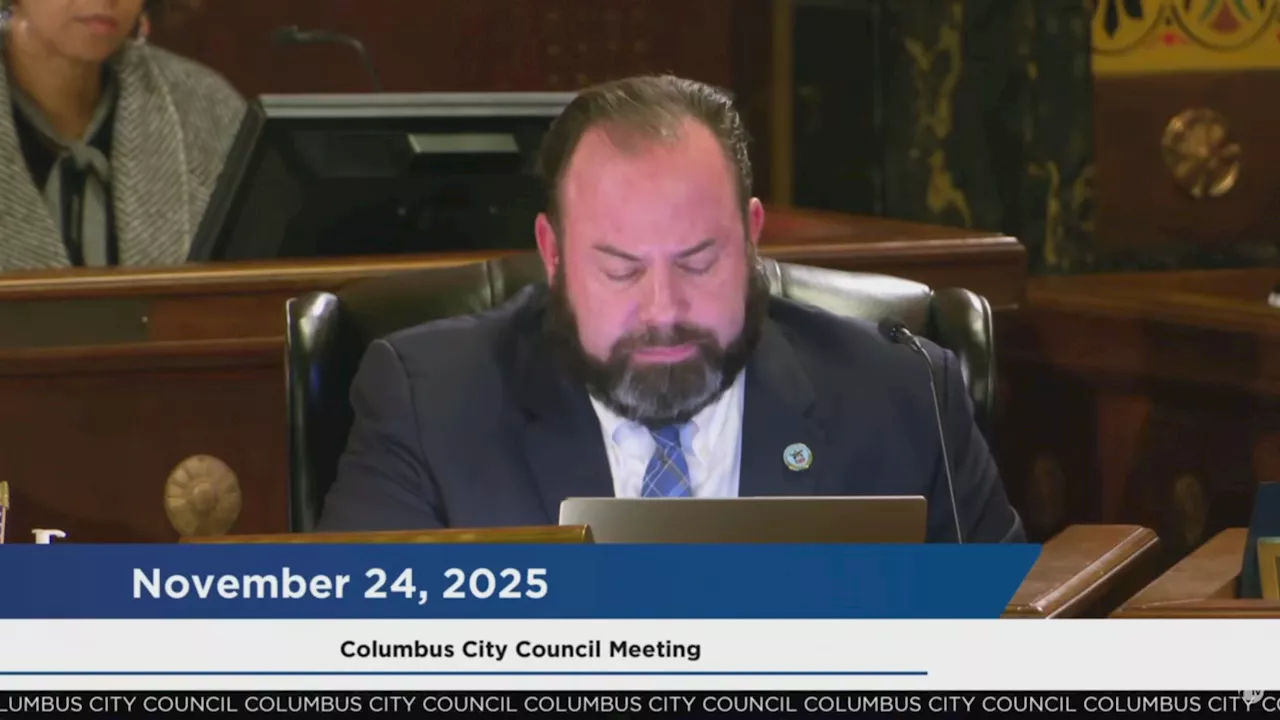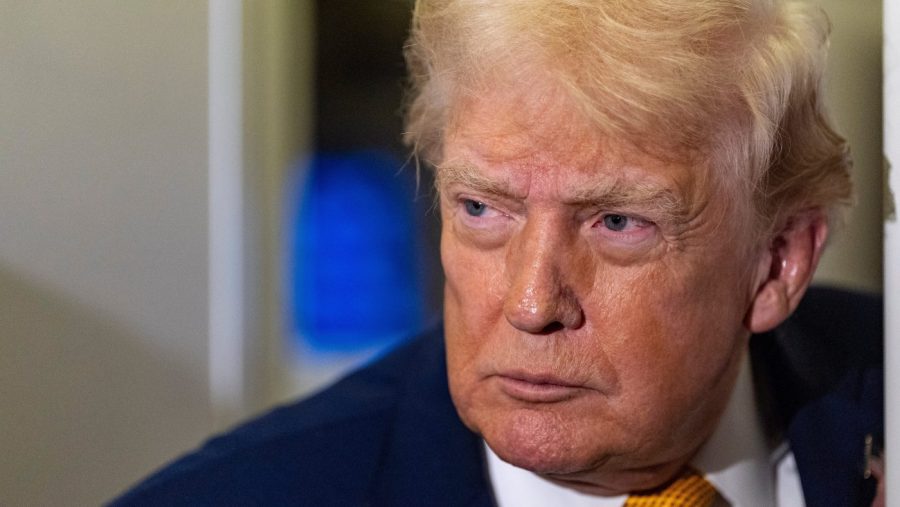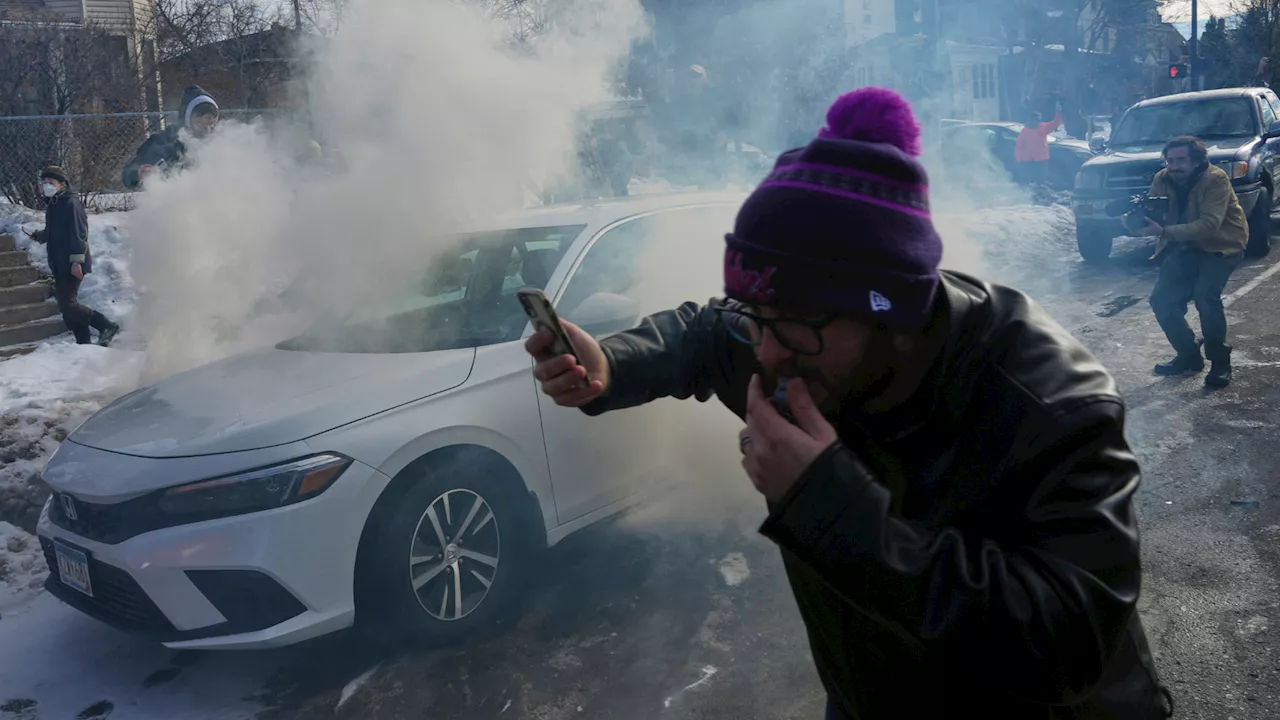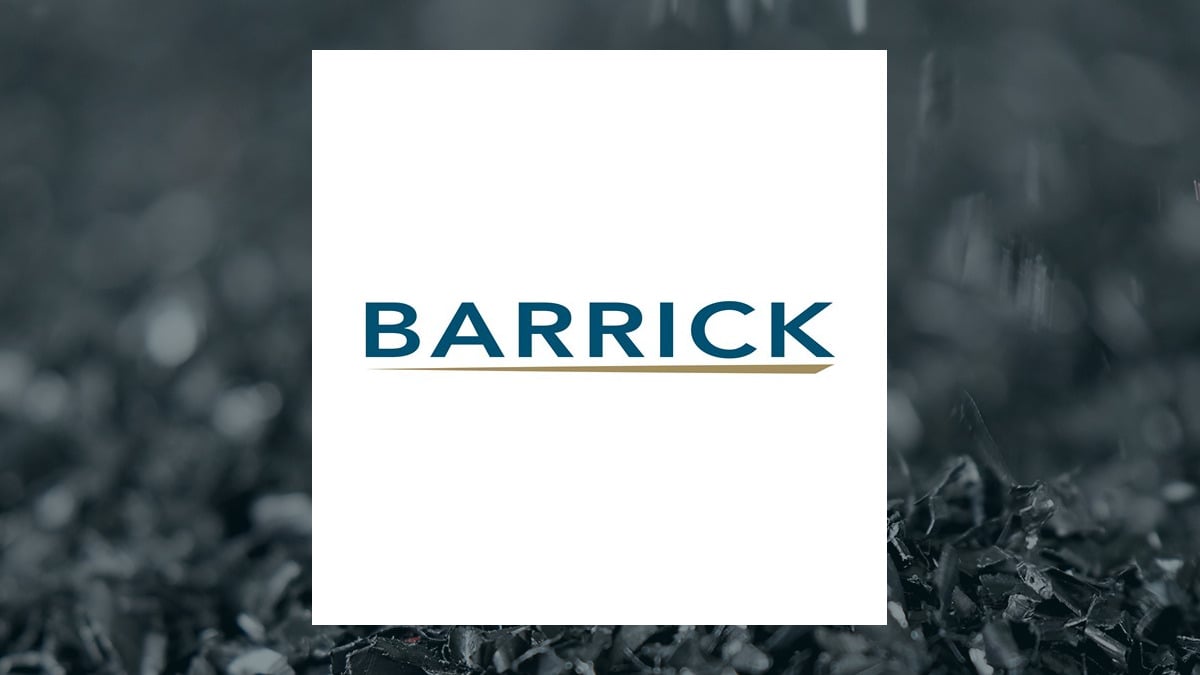In November 2023, voters in Maine will decide on two crucial ballot questions that could significantly impact the state’s democratic processes. Advocates argue these measures highlight the ongoing tensions between political power and the rights of ordinary citizens. As concerns about corruption and accessibility in voting rise, Mainers find themselves at a pivotal crossroads.
Ballot Questions Address Access and Safety
One of the proposed questions, known as Question 1, seeks to impose restrictions that critics claim would reduce voting accessibility. This question would cut down absentee voting days, eliminate ongoing absentee status for seniors and individuals with disabilities, and mandate photo identification for voters. Proponents of the measure argue it enhances election security, but opponents contend that these changes would disenfranchise many Mainers.
The second measure, Question 2, addresses public safety by granting courts the authority to temporarily restrict access to firearms for individuals deemed to pose a danger to themselves or others. This proposal has generated significant debate, with advocates emphasizing its potential to protect citizens while ensuring due process is maintained.
These two questions reflect broader issues facing democracy in the United States. As the political landscape evolves, the implications of these measures could set important precedents for similar legislation nationwide. Maine stands at the forefront of a critical dialogue about trust in government and the rights of its citizens.
Upcoming Elections and Their Significance
Looking ahead, the governor and Senate elections scheduled for next year will further shape Maine’s political identity. The outcome will determine who represents the state’s values in Washington and influence key areas such as healthcare, education, and environmental policy. Mainers will have to decide whether they want independent voices in Congress or if they prefer to navigate an increasingly polarized political environment.
The upcoming elections are about more than individual party lines; they address the fundamental question of whether government can effectively serve the needs of its constituents. The choices made by voters will reflect their commitment to fairness, progress, and civic duty.
As James Mannix Burke, a resident of York and former U.S. Senate page, articulated, the call to action is reminiscent of the historical warning delivered by Paul Revere. The urgency of civic engagement is paramount. Burke’s invocation of Henry Wadsworth Longfellow highlights the need for vigilance in safeguarding democracy.
Longfellow’s poetic reflection on Revere’s midnight ride serves as a reminder that the fight for democracy is ongoing. Today, the challenges are not from foreign threats but rather from a government that may forget its duty to its citizens. The question remains: will the alarm be sounded this time, and will Maine rise to the occasion?

